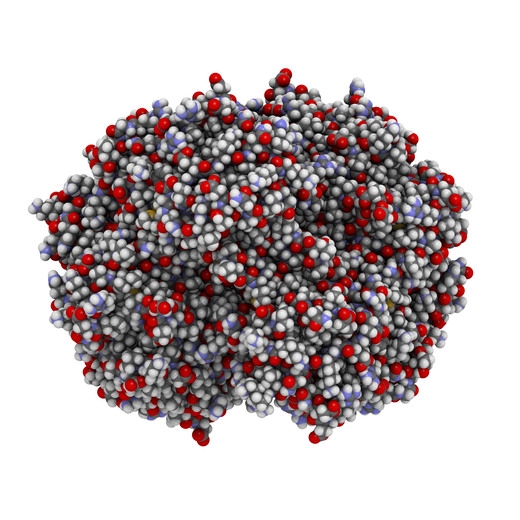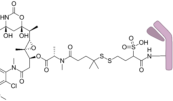New dosing regimen for asparaginase erwinia chrysanthemi (recombinant) is approved by FDA
Dec 2022: A new Monday-Wednesday-Friday dosing schedule for asparaginase erwinia chrysanthemi (recombinant)-rywn has been approved by the Food and Drug Administration (Rylaze, Jazz Pharmaceuticals). Patients should receive 25 mg/m2 intramuscularly on Monday and Wednesday in the morning and 50 mg/m2 intramuscularly on Friday in the afternoon under the modified protocol. Additionally, it is permitted to be injected intramuscularly at a dose of 25 mg/m2 every 48 hours.
In June 2021, the FDA authorised Rylaze as a part of a multi-agent chemotherapy regimen for adult and paediatric patients with acute lymphoblastic leukaemia (ALL) and lymphoblastic lymphoma (LBL) who have developed an allergy to asparaginase produced from E. coli.
In Study JZP458-201 (NCT04145531), an open-label multicenter experiment in which Rylaze was delivered at various dosages and methods, the pharmacokinetics of Rylaze were assessed in 225 patients. The results were used to create a model to forecast blood asparaginase activity at various timepoints.
Based on a simulation in a fictitious population, the achievement and maintenance of nadir serum asparaginase activity (NSAA) above the level of 0.1 U/mL was used to determine efficacy. Following the 25 mg/m2 dose of Rylaze on Wednesday morning and the 50 mg/m2 dose on Friday afternoon, according to simulation results, the proportion of patients maintaining NSAA 0.1 U/mL would be 91.6% (95% CI: 90.4%, 92.8%) and 91.4% (95% CI: 90.1%, 92.6%), respectively.
Neutropenia, anaemia, or thrombocytopenia were observed in all patients given Rylaze at the indicated dosages as part of multi-agent chemotherapy. Atypical liver tests, nausea, musculoskeletal pain, infections, fatigue, headaches, febrile neutropenia, pyrexia, haemorrhage, stomatitis, abdominal pain, decreased appetite, drug hypersensitivity, hyperglycemia, diarrhoea, pancreatitis, and hypokalemia were the most frequent nonhematological adverse reactions (incidence > 20%) in patients.
View full prescribing information for Rylaze.
Susan Hau is a distinguished researcher in the field of cancer cell therapy, with a particular focus on T cell-based approaches and cancer vaccines. Her work spans several innovative treatment modalities, including CAR T-cell therapy, TIL (Tumor-Infiltrating Lymphocyte) therapy, and NK (Natural Killer) cell therapy.
Hau's expertise lies in cancer cell biology, where she has made significant contributions to understanding the complex interactions between immune cells and tumors.
Her research aims to enhance the efficacy of immunotherapies by manipulating the tumor microenvironment and exploring novel ways to activate and direct immune responses against cancer cells.
Throughout her career, Hau has collaborated with leading professors and researchers in the field of cancer treatment, both in the United States and China.
These international experiences have broadened her perspective and contributed to her innovative approach to cancer therapy development.
Hau's work is particularly focused on addressing the challenges of treating advanced and metastatic cancers. She has been involved in clinical trials evaluating the safety and efficacy of various immunotherapy approaches, including the promising Gamma Delta T cell therapy.
- Comments Closed
- December 12th, 2022





Asparaginase erwinia chrysanthemi, Jazz Pharmaceuticals, Rylaze
CancerFax is the most trusted online platform dedicated to connecting individuals facing advanced-stage cancer with groundbreaking cell therapies.
Send your medical reports and get a free analysis.
🌟 Join us in the fight against cancer! 🌟
Привет,
CancerFax — это самая надежная онлайн-платформа, призванная предоставить людям, столкнувшимся с раком на поздних стадиях, доступ к революционным клеточным методам лечения.
Отправьте свои медицинские заключения и получите бесплатный анализ.
🌟 Присоединяйтесь к нам в борьбе с раком! 🌟